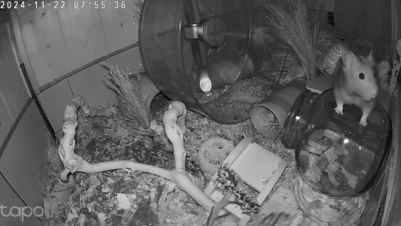Our companion animals are highly sensitive to routine and environmental changes and may experience high levels of stress during hospitalisation periods in veterinary clinics.
We know stress hinders animal welfare, has negative effects on the immune system and increases sensitivity to pain, Blue Surgical Instruments recommends the following measures to improve your patients’ stays:
- Physically separate the dog’s and cat’s hospitalisation unit’s location, preferably with sound insulation
- Use canine and feline synthetic pheromones in the respective units
- Organise the individual spaces so that there is no visual contact between animals
- Play species-specific relaxation music. It will help calm your noisiest canine patients and will help camouflage unexpected sounds that can scare cats!
- Provide comfortable and size appropriate beds for each animal. If possible, ask the owners to bring a blanket or a piece of clothing, as familiar odours help animals settling to new locations
- Go for frequent walks with dogs that do not have mobility problems
- In the feline hospitalisation unit, invest in vertical structures that allow cats to climb and hide. A platform and a cardboard box offer security to the more timid cats and are a source of entertainment for the more active ones
- Invite tutors to visit their pets daily!
What strategies do you use in your clinic? Do you believe that stress-free animals recover faster?







